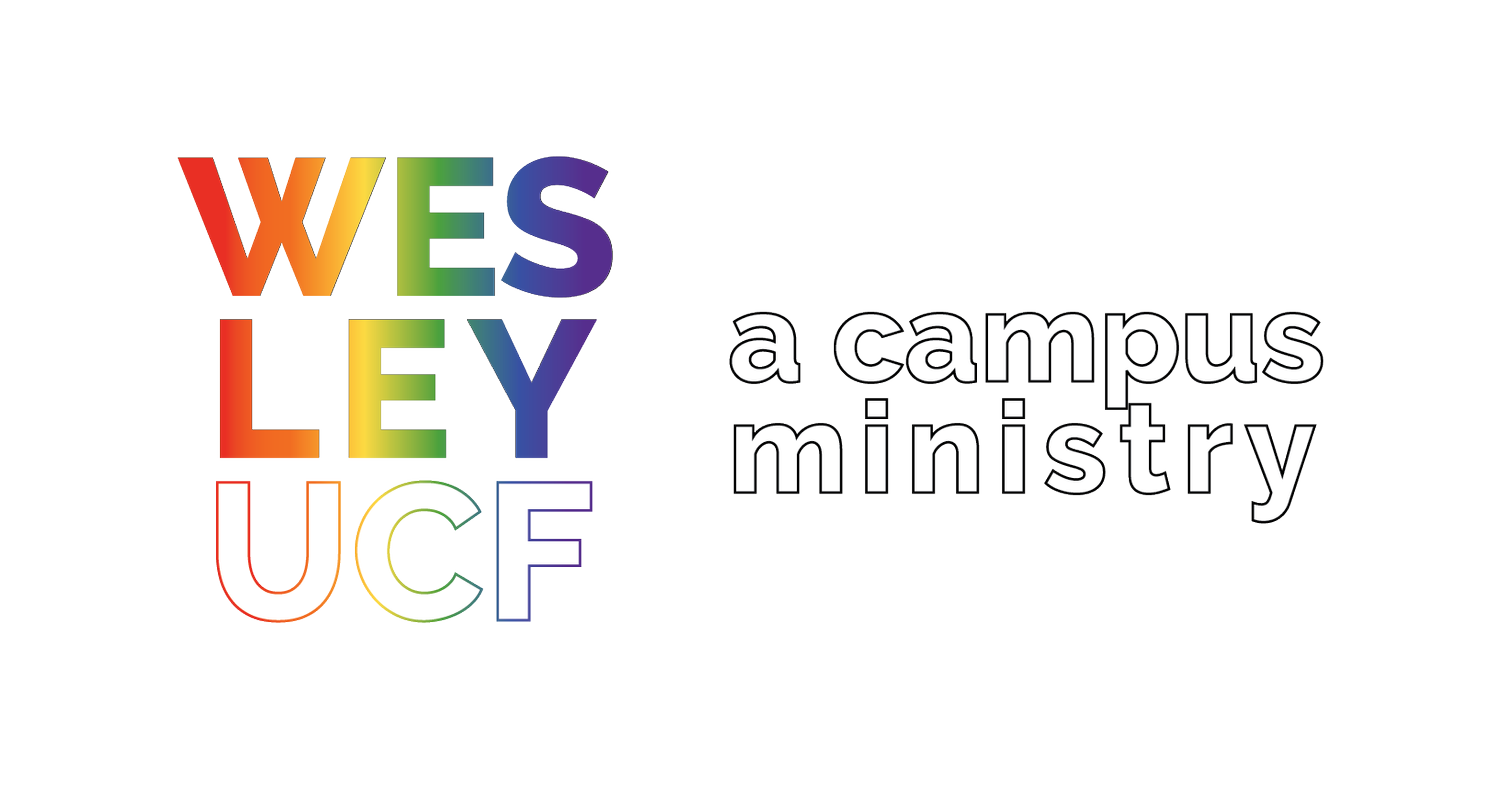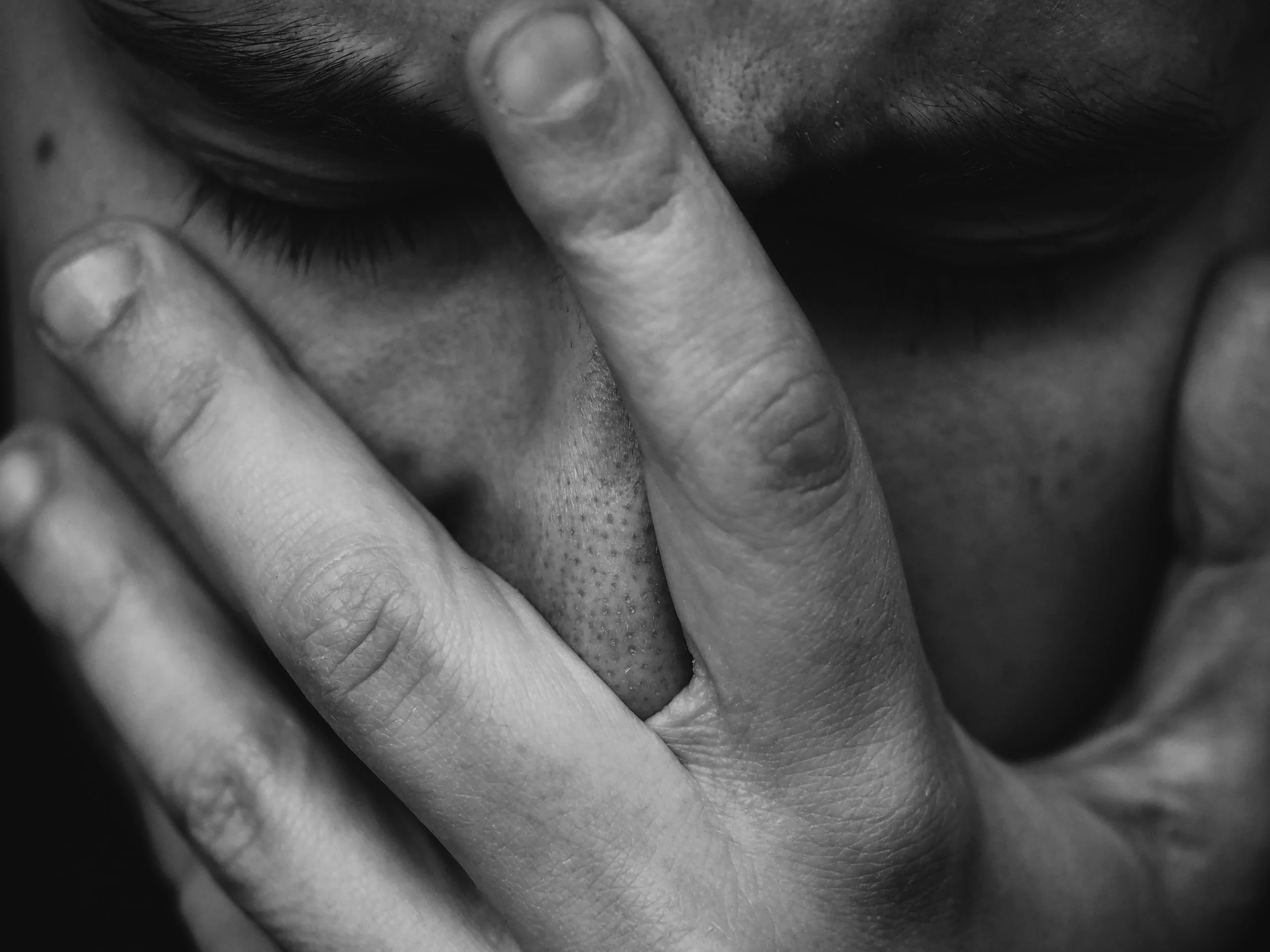Part II // Why Do Bad Things Happen?
God specifically gave us free will.
It’s important that we have full agency. Faith does not work without free will. As long as there is free will, there will always be the choice to do something, or to do nothing. To do good, or evil. To love, or to hate. To be empathetic, or apathetic. To buy chicken nuggets, or buy tacos. You get the idea. Free will means choice.
God can definitely call all us to love and call on us to do good and fight against injustice and against oppression. Jesus’ response for what is the most important commandment was “To love God, and to love people”. But we don’t have to. We can choose to not do anything. We can also choose to do the opposite of good. We can choose to harm.
It’s pretty straight forward. All actions and decisions can be measured by the following criteria to help determine whether we are doing something that can be considered holy.
Do no harm.
Do good.
Love God.
Anything that is truly good and holy is going to fit the criterion easily. This is how we can measure if our theology is toxic. If our actions are done “out of love for God” but those actions are actively harming others, then that’s a GIANT red flag.
We are not human without the concept of free will. Harm caused by others is the result of others exercising their free will. It’s not a byproduct of some master plan from an uncaring God.
God is eternal and we believe in eternal life with God.
Eternity does not have a starting point. Think about it. A key belief with our faith is that there is some component of eternal life. What that looks like will forever be up for debate. But at the core is some aspect where you spend eternity with a loving God. If you look at life from an eternal perspective, then this brings up two more concepts:
Our lives are really small when you zoom out
When you zoom out and look at time on a big picture, you’ll see that our individual lives are rather small specks. 70 years is very little compared to the history of the world and our universe. Also read carefully. I am not saying that our lives are insignificant and that life is meaningless. Life is beautiful and challenging. It’s peaceful and chaotic. It’s joy and pain. It’s many things but certainly not meaningless. I can claim that our lives matter while also acknowledging how short life is from a big picture view. Especially if we believe in some form of eternal life. This leads us to one final thought regarding God’s influence in our lives.
Death is not the end all, Part 1
Because a key part of our faith is eternal life, we can rephrase that by saying “death is not the end all”, which helps clue us in to how God interacts with the world. The answer? Through people. God interacts with the world, through people.
God Interacts with the world through people
While I still believe in miracles, I am hesitant in calling anything and everything a miracle. I also know some things happen that are beyond understanding and comprehension. I am also willing to call things of that nature a miracle while also keeping an open mind that there might be a logical explanation one day. I keep an open mind either way. There are stories of cancer or other illnesses literally disappearing overnight. Amazing. There could be a scientific reason that isn’t discovered. It could also be divine intervention. I’m also okay with calling science a miracle. My mind is absolutely blown away by all the good that science has brought forth. Glasses, vaccines, organ transplants, tumor removals, brain surgery, etc. We know how it works and it’s very clear and methodical science, but I still understand how those advancements can be considered miracles. I keep an open mind, but I draw the line when other people are “collateral” damage to an individual’s miracle story. Like survivors of horrific tragedies.
For the most part, I believe that God interacts through the creation all around us - and that includes humans and our call to something greater. Which raises yet another question.
Why does God seemingly intervene in some situations, but not all?
Not fully sure but I think it has something to do with Jesus and the concept of eternal life.
Jesus the Christ already walking on earth gives us direction and some clarity through his teachings found in the 4 gospels (Matthew, Mark, Luke, & John). We ALSO have access to the Holy Spirit on a mass scale (as outlined in Acts Chapter 2). In other words, we have God guiding us. At our core, humans are good and we are equipped to do good because we were created through Christ (John 1:2-5). We are equipped to walk this earth and be instruments of God’s love. God laid out the plan, “Love God, Love people” (Mark 12:30-31) and we are fully capable of living that out. We have Christ and we have access to the Holy Spirit. When we follow the criteria established earlier (Do no harm, Do good, and Love God), we tap into something deep (Christ). When we do that, God is also interacting with the world through us.
But let’s not forget… we have free-will which makes all of it our choice.
Death is not the end all, Part 2
So now we circle back to the idea of “death not being the end all”. God doesn’t view death as being the end-all because of God existing outside of time. Death on Earth is a small speck on a rather large timeline. It’s definitely tragic for us. I’ll absolutely be the first to admit. During my time at Wesley, two students that I was close with passed away unexpectedly. I’m no stranger to that pain and I am in NO WAY downplaying that gut wrenching hole that is left behind when someone you know and love dies. It absolutely sucks and I still cry every now and then when I think about Alyssa and Octavious.
With that said, from a big picture point of view, they are not gone from existence. They lived beautiful (although unfairly short) lives and their legacies live on in our memories and in the stories we share. They live on through everyone they’ve impacted while they were alive. Most importantly, if you believe in eternal life (and I do) then they are not gone. Physically from earth? Yeah. But spiritually, they are not gone. Knowing this doesn’t make the pain hurt any less. It doesn’t prevent me from feeling and acknowledging those feelings of pain. I am only human after all. But I bring all of this up because…
… I also do not think that God views death as something that needs saving from BECAUSE death is not the end-all.
This does not mean God doesn’t care that we are hurting. It does not mean that God doesn’t care about our lives. It just means that death, as an event, is something that we have to struggle with while we are still alive. After all, funerals and memorials are there for the living… for those left behind. They are organized to help us remember and celebrate the lives that were lived. They help us with our pain, sorrow, and grief. And God is there with us during such hardships. God feels our pain and hears our cries and through community God’s love and peace can foster healing.
Wrap-Up
So we find ourselves back at the beginning. Why is there evil? How can we explain tragedies? Because we have free will and because some people choose to live a life outside of what God intended for us. Because some people choose hate instead of love. And it sucks. It causes hurt and harm. There is sorrow, anger, grief, feelings of hopelessness. But it’s not because God orchestrated it.
This is obviously a lot to process. I hope that this has been a fruitful and beneficial discourse. We will cover a couple more topics in part 3 and 4. But let’s explore some reflecting/discussion questions.
Questions
What is challenging you right now?
How have you experienced or rationalized grief before?
In your experience, how has your concept of eternal life influenced your belief system?
Freewill means we always have the choice to “Do no harm, do good, and love God” with all our actions. How does this empower you? Intimidate you? Encourage you?
Have you experienced something/someone that “loves God” but is “doing harm” or not “doing good”? How did you reconcile the disconnect? How did it make you feel? Did you recognize it as a red flag?

